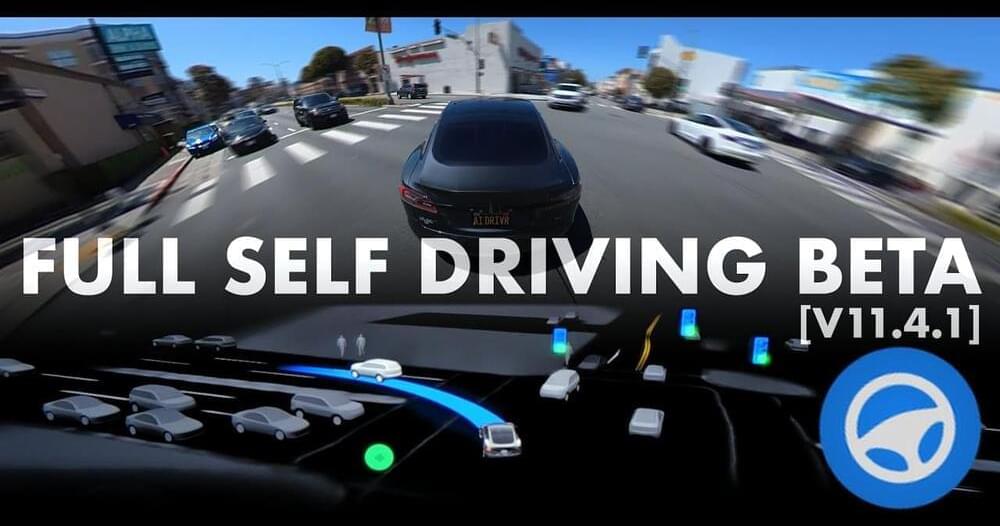
Perhaps the most intriguing evidence of consciousness in early infancy comes from a study conducted by Julia Moser at the University of Tübingen. Moser and her colleagues used second-order (“global”) auditory oddballs to probe for consciousness. Consider a sequence of tones that are clustered together into four groups of four tones, where each tone is either high pitched or low pitched. In the global oddball paradigm, the final tone in the first three groups differs from the preceding three tones (for example, if they are low then it will be high), but the final member of the last group will be identical to the preceding three tones (for example, they might all be low tones). In this scenario, the final tone is not an oddball (that is, outlier) relative to the preceding three tones, but it is an oddball relative to the entire sequence, for anyone who hears the three earlier groups of tones will expect the final member of this group to be an oddball.
Earlier research has suggested that the brain produces a distinctive response to second-order oddballs, which can be roughly thought of as a neural marker of surprise. Further, there is some evidence that this response is produced only when an individual is conscious. Using fetal magnetoencephalography (MEG), Moser and her team discovered that a version of this response could be found not only in newborns but also in 35-week-old fetuses. Again, this result does not provide proof of perceptual awareness in early infancy (let alone in utero), but it is yet another illustration of how neuroscience is beginning to pull back the curtain on infant experience.


















